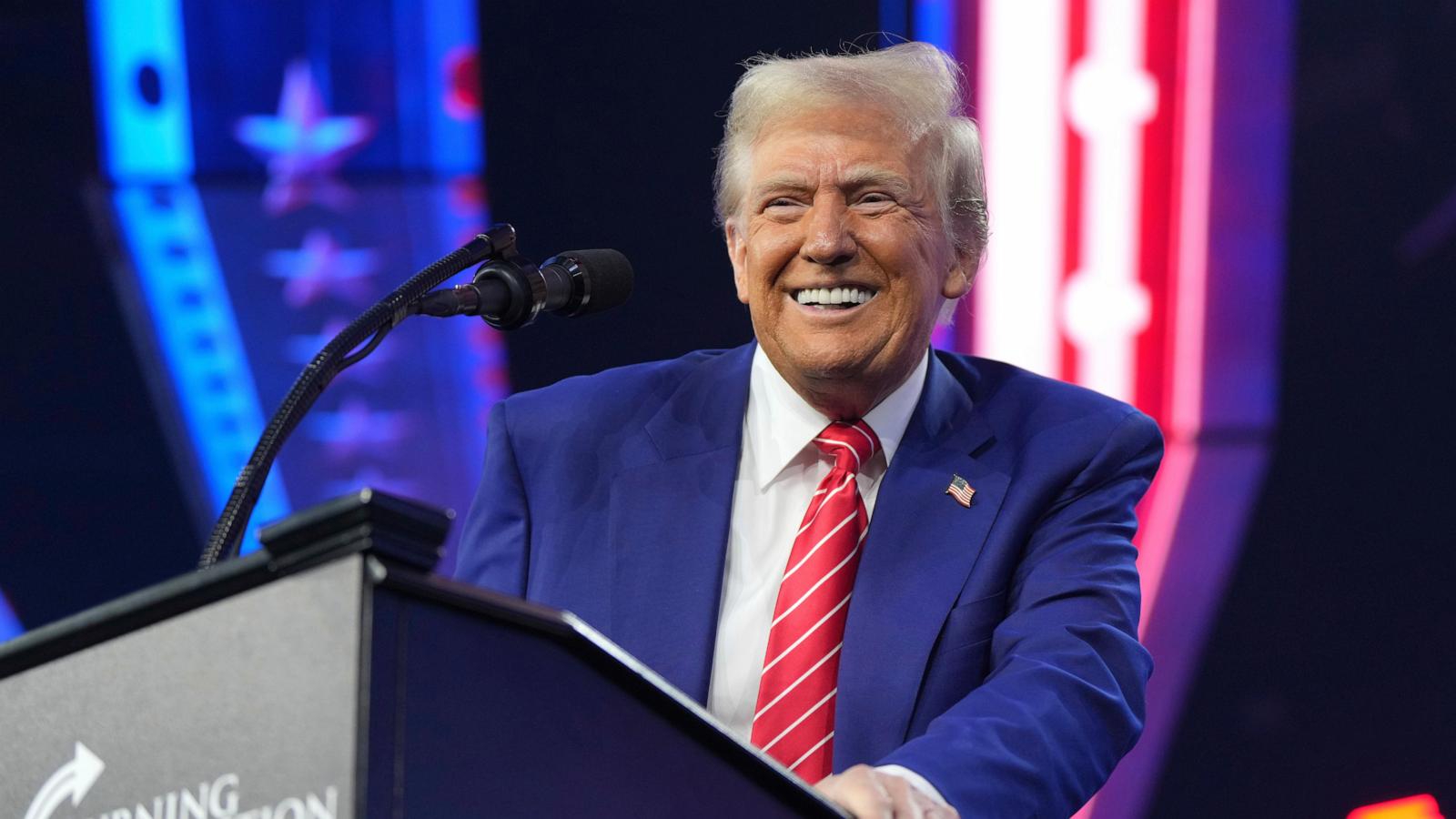Trump's Bold Claim: Reclaiming the Panama Canal!
In a stunning revelation that has sent shockwaves through the political world, former President Donald Trump has declared his intention to potentially reclaim the Panama Canal for the United States. Trump, speaking at a recent rally, asserted that the U.S. is being "ripped off" by current fees and hinted at a dramatic reversal of the 1999 handover, potentially igniting a major international dispute.
The Panama Canal: A Point of Contention
The Panama Canal, a crucial waterway connecting the Atlantic and Pacific Oceans, has been a source of debate for years. Its strategic importance and the substantial revenue it generates for Panama have made it a focus of political discussions worldwide. Trump's declaration has undoubtedly added fuel to this already simmering debate. Is the U.S. truly being shortchanged? Or is Trump's proposed action merely a bold political maneuver? The answers remain to be seen, but one thing is certain: this isn't just about money, it's about geopolitical power and international relations.
A Controversial Treaty
The handover of the Panama Canal in 1999 was far from smooth. The treaty's signing in 1977 was not without significant opposition and continues to stir controversy today. Now, with the U.S.'s political landscape in constant flux, any reopening of these conversations is highly likely to set off fresh debates both in the US and internationally. Critics will point to potential international relations repercussions and to whether or not taking the canal would really benefit the U.S. at large, or primarily benefit one group.
Economic Implications and Global Politics
The economic implications of Trump's statement cannot be overstated. The Panama Canal facilitates billions of dollars in global trade annually. Any disruption to its operation, regardless of its causes, would ripple through the global economy. Beyond the purely economic impact, the move would represent a significant shift in global politics and potentially disrupt already complex relationships in Central and South America. Any moves like this made without international backing are almost sure to result in significant pushback.
The Role of Global Trade
Panama, the nation overseeing the Canal, benefits enormously from its operation. A substantial portion of its annual government revenue is derived from Canal tolls, suggesting that there would be plenty of reasons for them to oppose any US attempt to reclaim it. If any sort of conflict ensued due to this action, global trade would immediately become more difficult for every nation involved and beyond, triggering global tensions.
Trump's Vision: A Return to Greatness?
For Trump, the issue of the Panama Canal likely isn't just about dollars and cents. It represents a key element of his larger political agenda—a return to an era where he believes the U.S. held unquestioned global dominance. His comments highlight a specific kind of vision—a return to a past which many do not regard with fondness, and likely presents an unrealistically simplistic way of addressing global trade imbalances and disputes.
Revisiting US Foreign Policy
The proposal inevitably necessitates a fresh examination of the nuances of US foreign policy, its historical standing in global geopolitics and the role the Panama Canal has played in US-Central America relationships. Many may claim such actions would be counterproductive to the goals of US foreign policy, particularly under present-day conditions.
Take Away Points
- Trump's statements on the Panama Canal are a high-stakes gambit that carries major economic and geopolitical consequences.
- Reclaiming the canal would potentially disrupt global trade and trigger international tension, affecting many global economies in the process.
- The move is deeply symbolic of Trump's vision of America's role in the world, and his intent to reclaim past standing on the world stage.
- Further analysis and discourse on the many economic and geopolitical issues stemming from this statement are urgently required, particularly as it is likely to create many new political situations for decades to come.




